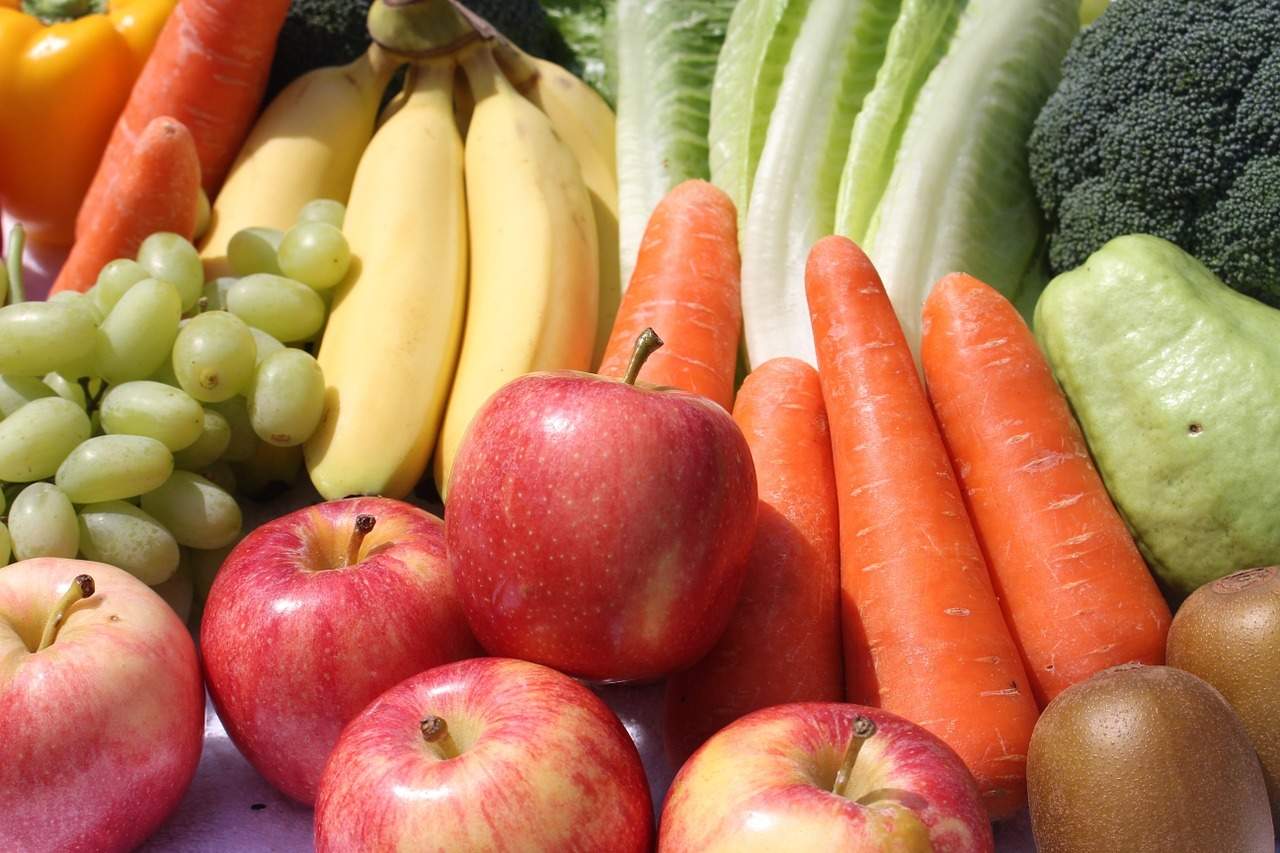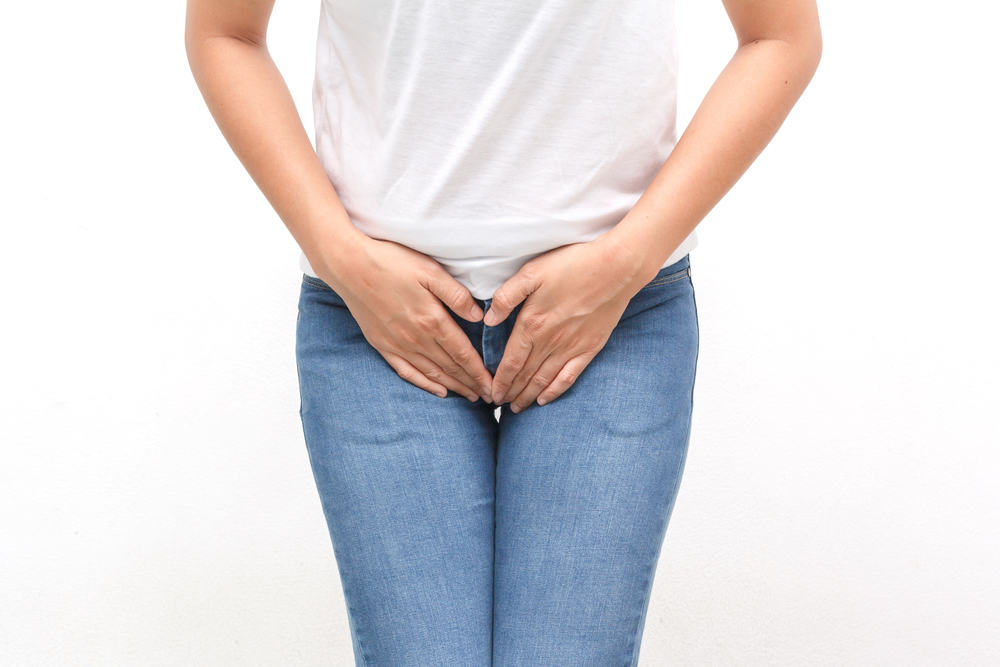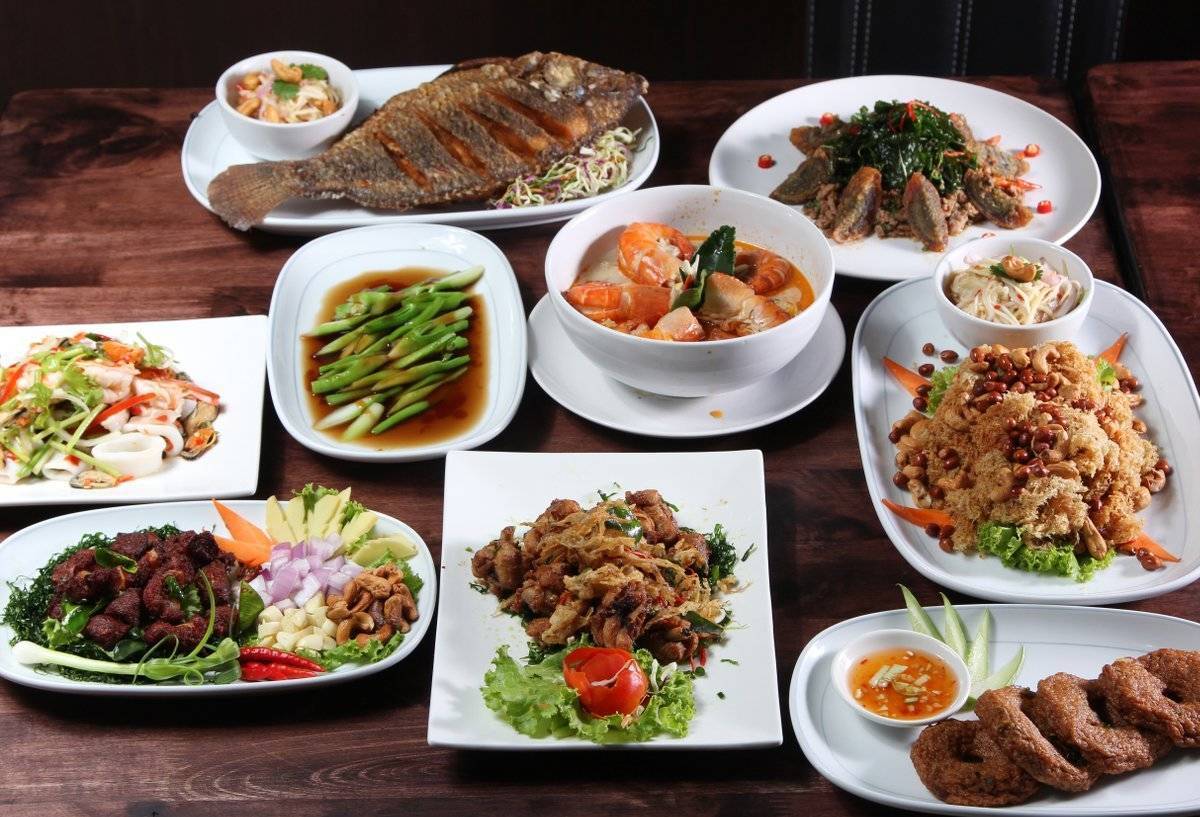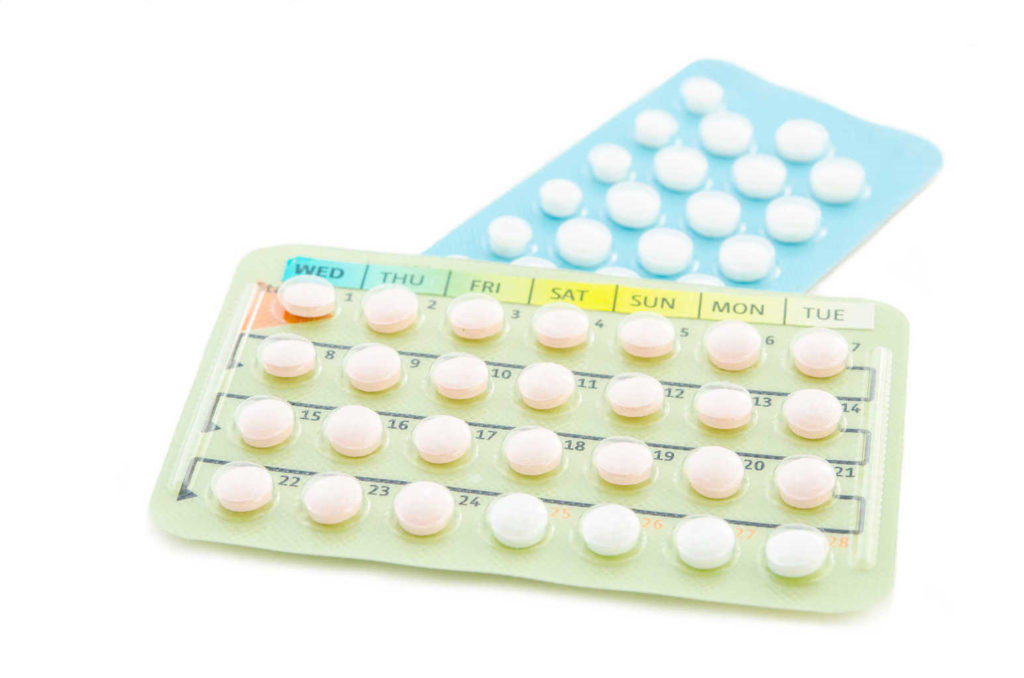Contents:
- Medical Video: How To Store Fresh Vegetables & Fruit
- Important guidelines in storing vegetables and fruit
- Store at the ideal temperature
- Keep moisture
- Avoid storing in extreme temperatures
- Pay attention to the condition of the newly purchased vegetables and fruit
- What should be done so that fresh fruit and vegetables last longer
- Vegetables and fruit that must be stored in the refrigerator vs at room temperature
- In the fridge
- Room temperature
Medical Video: How To Store Fresh Vegetables & Fruit
How to store vegetables and fruit not only affects the taste and appearance, but also affects the nutrients they contain. Therefore, it is important to know how to store fruits and vegetables to last long and the quality is still good.
Important guidelines in storing vegetables and fruit
Previously, you must know the basic principles that affect the quality of fruits and vegetables when stored, namely:
Store at the ideal temperature
Fresh fruits and vegetables are actually living things. Even though it has been picked and harvested from the tree, the vegetables and fruits still need oxygen to 'breathe' and emit carbon dioxide. The ability of vegetables and fruit to 'breathe' depends on the temperature of the storage and the type of vegetable or fruit. The lower the temperature in the storage, the lower the ability of vegetables and fruit to 'breathe' and further extend the shelf life. The more oxygen that is 'inhaled' and the carbon dioxide released, the faster the fruit and vegetables will become rotten and damaged.
Some types of vegetables / fruits must be stored immediately in a cool place, while some are sensitive to cold temperatures and will rot when entering into the refrigerator.
Keep moisture
All vegetables / fruits contain water. This water content maintains freshness in vegetables and fruit. But when the fruit / vegetable is harvested or picked from the tree, a lot of water is lost due to evaporation. Therefore, you must keep the remaining water in the vegetable / fruit so that it does not wither and wrinkle, by adding vegetables / fruit to the plastic that has been perforated.
Avoid storing in extreme temperatures
Vegetables or fruit stored in a place that is too high or low will be quickly damaged and rotten. When fruits or vegetables are stored inside freezer, it will be damaged immediately after being thawed. Damage that will appear like, brown spots appear on the apple and become very soft on pears. While very high temperatures will cause uneven maturity, soft and melted, wrinkled, and become wrinkled.
Pay attention to the condition of the newly purchased vegetables and fruit
Most fruits will last longer if they are still accompanied by skin. The part of the skin that is open to the fruit, creates the potential for the growth of fungi and bacteria that can cause the fruit to rot. Therefore, check the condition of your fruit and vegetable surface regularly and frequently. If there is a change in color, bonyok, or browning on the fruit / vegetable, then immediately dispose of the rotten part and consume that is still in good condition.
What should be done so that fresh fruit and vegetables last longer
After learning the principles, here are the steps you can take to store fruits and vegetables to keep them fresh and durable:
- After buying fruit or vegetables in the market or even at supermarket, before washing it, it is better to remove the rotten parts and bokok found on fruit or vegetables. After that, then you can wash it clean.
- For green vegetables, separate the leaves from the roots then wash the green leaves with a mixture of cold water, a little vinegar or lemon. A mixture of wounds or lemons, besides being able to eliminate bacteria in vegetables, is also useful to increase crispness in these green leaves. After washing it clean, immediately dry the vegetables in a tissue and immediately wrap with plastic that has been perforated. Then, keep it in the refrigerator.
- Vegetables or fruit rooted like onions, or potatoes, do not immediately wash and store in the refrigerator. Check the moldy parts and store in a cool place and have good air circulation. Don't keep it in the refrigerator.
- Tomatoes are also better stored at room temperature, because low temperatures can make tomatoes soft. If you want to keep the tomatoes that have been partially cut, then place the tomatoes on paper bag and store at room temperature.
Vegetables and fruit that must be stored in the refrigerator vs at room temperature
In the fridge
- Fruit: apples that are more than 7 days old, apricots, pears, various berries, cherries, grapes, and all fruit that has been cut into pieces.
- Vegetables: broccoli, cabbage, celery, carrots, mushrooms, lettuce, spinach, kale.
Room temperature
- Fruit: apples that are still less than 7 days old, lemons, various kinds of oranges, mangoes, bananas, pineapples, watermelons and melons.
- Vegetables: cucumber, onions, pumpkin, chili, potatoes, tomatoes, and ginger.
In addition to maintaining freshness and taste, storing vegetables and fruits that are good and correct will also keep the nutrients contained in them. Conversely, if you do not pay attention to the storage of vegetables and fruit, it is not impossible to cause adverse effects on health due to fungi and bacteria found in vegetables and fruit.
READ ALSO
- 4 Missing Nutrients If You Don't Eat Fruit Vegetables
- The Best and Worst Time to Eat Fruit and Vegetables
- Good Nutrition in Fruits and Vegetables












